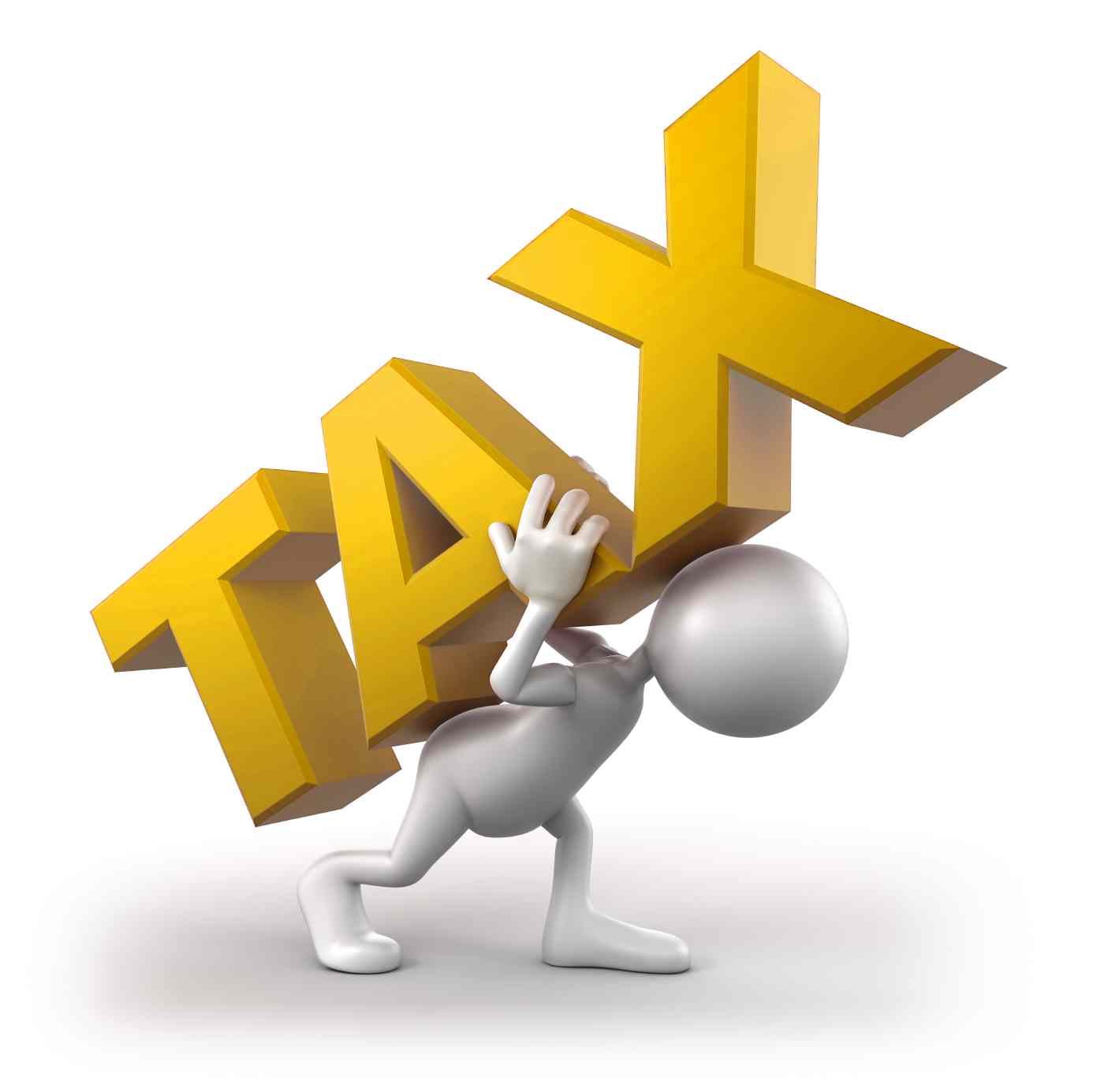Household Bills
Thousands submit tax returns over Christmas: top tips to make filing yours easier

It might not be top of your festive to-do list but getting your tax return done and dusted over the Christmas break will mean it’s out of the way for another year.
Last year, more than 6,000 people filed their tax return on Christmas Eve, 2,500 did it on Christmas Day, and more than 7,500 on Boxing day, according to figures obtained by Hargreaves Lansdown.
The deadline to file an online self-assessment tax return and pay any tax you owe is midnight on 31 January.
If you miss the deadline, you’ll likely face a fine of at least £100.
Most people pay tax through Pay As You Earn (PAYE) so won’t have to file a tax return. You’ll only need to do one if you’re self-employed as a ‘sole trader’ and earned more than £1,000, you’re a partner in a business partnership or your taxable income was more than £100,000.
You’ll also need to file one if you have any other untaxed income, such as money from renting out a property, tips and commission, income from savings, investments and dividends, and foreign income.

Why Life Insurance Still Matters – Even During a Cost-of-Living Crisis
Sponsored by Post Office
If you’re filing a return online for the first time, you’ll need to apply for a Unique Taxpayer Reference (UTR) to sign into the Government gateway website. It could take up to seven days to get your code in the post. If you’ve used the system before, it’s worth signing in now and checking you haven’t forgotten your log in details.
Below are some more top tips from Hargreaves Lansdown.
Four tricks to make your tax return simpler
- Spend some time on your preparations first
If you’re not great at filing, don’t try to do everything at once: day one should be about tracking down paperwork, and ordering copies of anything you can’t find.
This includes certificates for savings accounts or dividends, pension statements, proof of any employment income and a P11d. If you work for yourself, you’ll want bank statement, sales invoices, receipts for expenses and paying-in books. If you received income from letting property, you need letting agreements, and bills for expenses and management fees.
- Make sure you’re claiming for everything you can
Check you’re claiming for all the reliefs and exemptions available to you. This includes pension tax relief and gift aid for higher rate taxpayers. Government figures show that only 22% of higher rate taxpayers claim the additional relief on gift aid they’re entitled to – but it can really add up.
If it seems like a lot of bother to claim for something, check if there’s a simpler option. If, for example, you are self-employed and work from home, you can do the calculations and count some of your household bills as expenses. Alternatively you can just use the flat rate of £10 a month for 25-50 hours a month, £18 for 51-100 hours, and £26 for 101 hours or more.
- If in doubt, get help
There’s loads of great information on the HMRC website, which has really improved in recent years. You can find the answer to almost any question that’s likely to crop up. There are also plenty of guides and videos offering tips to save you time and money.
If you can’t find what you’re looking for, then other than on Christmas Day, Boxing Day and New Year’s Day, you can phone the self-assessment helpline. Unfortunately, the closer you get to the 31 January deadline, the busier the helplines get, so you could spend some time on hold. However, if you stick with it, you can get the guidance you need.
- If you’re going to need an accountant, get a move on
If you already know that nothing will persuade you to touch your tax return over Christmas, be honest with yourself about whether you’re going to need an accountant to sort it for you, and contact them before the break. Don’t leave it until January, when accountants are snowed under, and many won’t have the time to take new clients on. Professional help will typically cost between £100 and £300, so you’ll need to decide if it’s worth the expense.